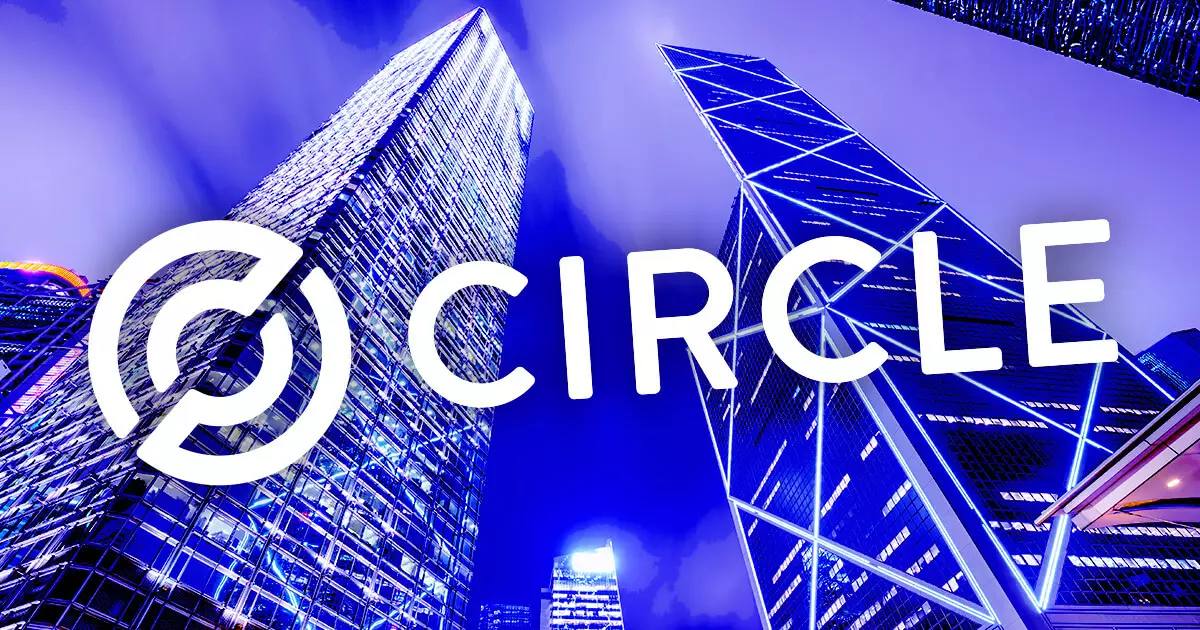The US Securities and Exchange Commission (SEC) has expressed concerns regarding Circle’s stablecoin, USDC, as the company moves towards a multi-billion dollar initial public offering (IPO). According to Barron’s, regulatory documents indicate that the SEC’s primary worries revolve around the possibility of USDC and other stablecoins being classified as securities under US law. This is not the first time the SEC has raised such concerns, as they previously did in 2021 when Circle attempted to go public through a special-purpose acquisition company (SPAC).
The documents reveal a lengthy exchange between the SEC’s Division of Corporation Finance and Circle, lasting nearly a year. While Circle has reportedly overcome most obstacles to its IPO, the SEC’s concerns still loom large. The SEC has requested that Circle disclose the risks associated with USDC potentially being classified as a security under US law, as well as the implications of being deemed an investment company. Circle has complied with these requests but has chosen not to comment further on the ongoing discussions.
If USDC were to be classified as a security, Circle would face increased costs and regulatory requirements. This could have a significant impact on the company’s business model. Investment companies, like mutual funds, are subject to rigorous SEC oversight, which includes regular reporting and operational restrictions. If Circle is required to register as an investment company, it would be subject to closer SEC scrutiny, necessitating regular holdings reports and compliance with limits.
Todd Phillips, a law professor at Georgia State University, highlighted the potential consequences for Circle if its products were deemed securities. He pointed out that operating costs would increase significantly if Circle were to register as a broker-dealer. Additionally, Circle might face fines, restrictions on the type of companies it could transact with, and the need to allow customers to rescind purchases.
Xavier Kowalski, a securities attorney not involved in Circle’s investment process, emphasized the importance of the SEC’s thorough review process. He stated that the SEC aims to avoid any issues that could arise in the future during an enforcement action. While Kowalski acknowledged that the SEC’s concerns have delayed the IPO process for Circle, he believes that the agency has addressed most of its issues. However, the final decision on Circle’s IPO approval remains uncertain as of now.

